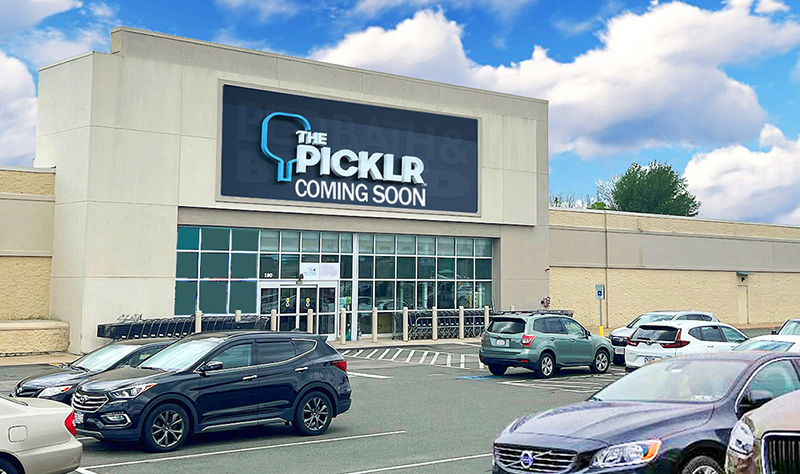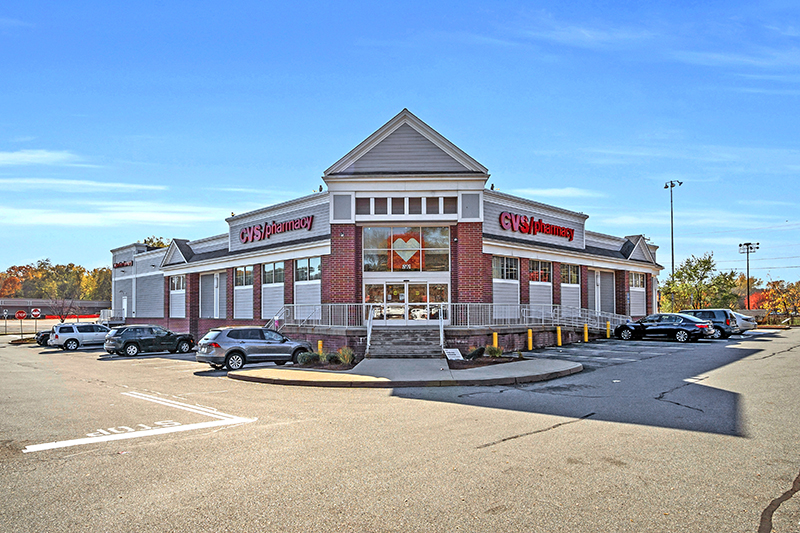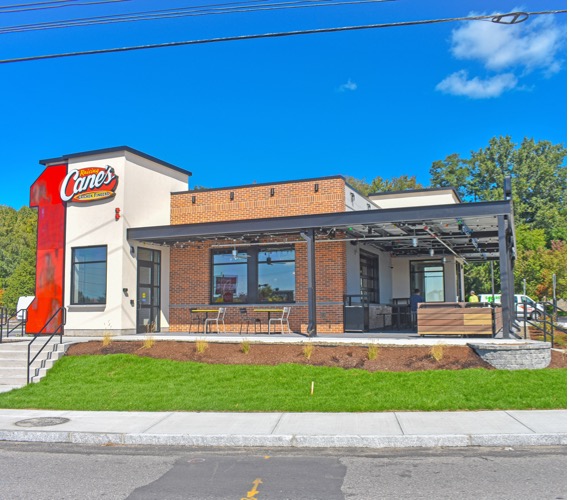The benefits of full-service geotechnical consulting to avoid costly delays and disputes - by James Handanyan
 James Handanyan, Northeast Geotechnical, Inc.
James Handanyan, Northeast Geotechnical, Inc.The underground design and construction aspects of a project are typically among the most risk prone. This is due to the inherent variability in subsurface conditions and the fact that these conditions do not become fully known until construction is underway or in some cases, after construction is complete.
Relying on your geotechnical consultant from pre-design through construction can be an effective way to successfully manage underground risks helping avoid costly delays and disputes during construction and facility performance and maintenance issues after construction.
In the early stages of a project, meeting with your geotechnical consultant along with the other project disciplines and mutually developing a scope of geotechnical services based on the type of project and the anticipated subsurface conditions can be very beneficial. Different methods for exploring and testing the subsurface conditions at the site along with the appropriate number of explorations and tests to be performed can be discussed in terms of risk versus reward and expected outcomes with input from all of the project team members.
Individual tenants often have generic geotechnical requirements that many times are not applicable to a given site. Your geotechnical consultant can advise you on these requirements and assist you with negotiating alternatives with the tenants that may be better suited to a particular site and the anticipated subsurface conditions. This can often result in cost savings by eliminating unnecessary tasks and implementing suitable alternatives that may be less costly.
Once a scope of services is established and agreed upon, the geotechnical consultant will then generally proceed with exploring and testing the subsurface site conditions, analyzing and evaluating the results and developing design and construction recommendations based on the anticipated soil, bedrock and groundwater conditions. The recommendations typically address site preparation, ground improvement, shallow and deep foundations, slabs, pavements, utility pipes, excavations, slopes, groundwater control, seismic design, stormwater/wastewater infiltration, reuse of onsite materials, borrow materials and soil compaction requirements among other considerations. The recommendations are typically presented in report format and on all too many projects; this is where the geotechnical consultant’s services end.
But relying on your geotechnical consultant during design and construction can be crucial to project success. Your geotechnical consultant can be effective in working with the other design team members such as the civil and structural engineers assisting them in proper interpretation and implementation of the geotechnical recommendations into the working plans and specifications. This assistance can help avoid confusion and omissions that can result in costly disputes and delays during construction.
Involving your geotechnical consultant during the bidding and pre-construction phases of the project can also be very beneficial. During this time, the anticipated subsurface conditions and geotechnical recommendations can be discussed with the contractors before shovels hit the ground.
And then perhaps the greatest benefit of all can be realized during construction. Because, even though your geotechnical consultant has explored the subsurface conditions prior to construction, these explorations are typically widely spaced and only cover a small fraction of most sites because of the practical limitations with current exploratory techniques. Variations in conditions between exploration locations are part of the inherent risk with below-ground construction and unanticipated or changed conditions can result, even when a site has been adequately explored prior to construction.
Your geotechnical consultant is uniquely qualified to perform construction observation and testing services. Important construction phase objectives include: assessing compliance with the geotechnical recommendations that the very same geotechnical consultant has developed; assessing when significant variations or changes in conditions are encountered; and quickly addressing these conditions during construction again to avoid costly delays and disputes or future performance and maintenance issues.
The principals and field staff at Northeast Geotechnical have been helping owners, developers, architects, engineers, construction managers, and contractors throughout New England successfully manage the inherent risks with below-ground design and construction by providing full-service geotechnical engineering consulting from pre-design through construction for over 30 years.
So as you begin planning your next project, consider your geotechnical consultant as an effective risk management partner throughout the entire project and increase your chances of a successful outcome.
James Handanyan, P.E., is principal and co-founder of Northeast Geotechnical, Inc., Rhode Island and North Attleboro, Mass.
Mace of KeyPoint Partners negotiates 36,192 s/f lease for The Picklr at Endicott Square
Danvers, MA KeyPoint Partners (KPP) negotiated a lease with the nation’s premier indoor pickleball venue The Picklr at Endicott Sq. Vice president of retail brokerage Don Mace negotiated the transaction on behalf of the landlord.





.jpg)


.png)